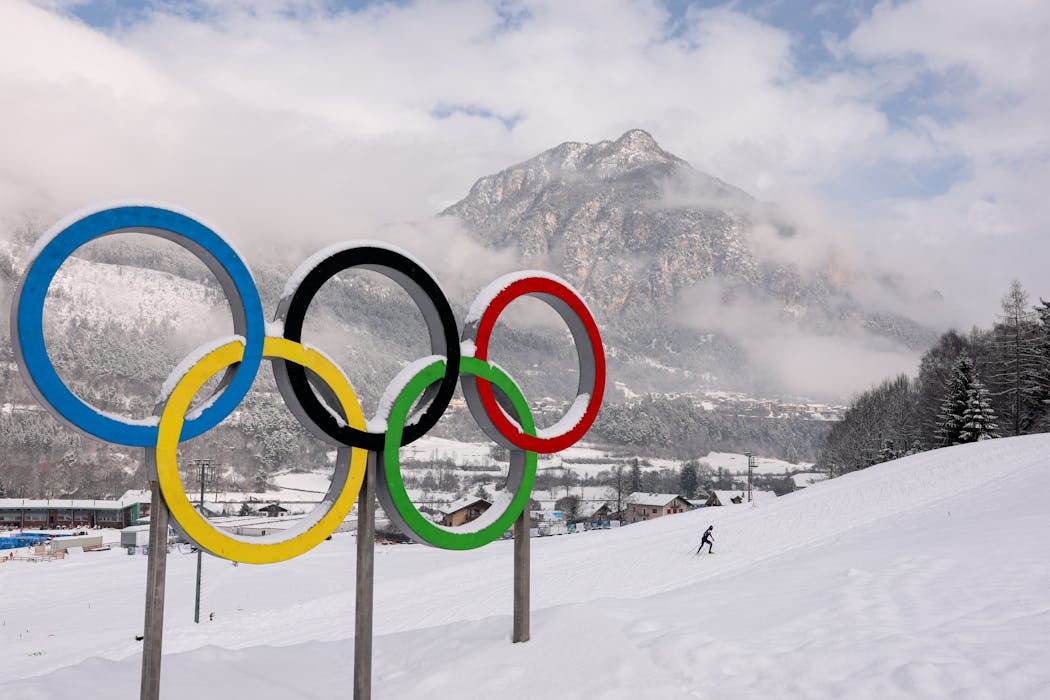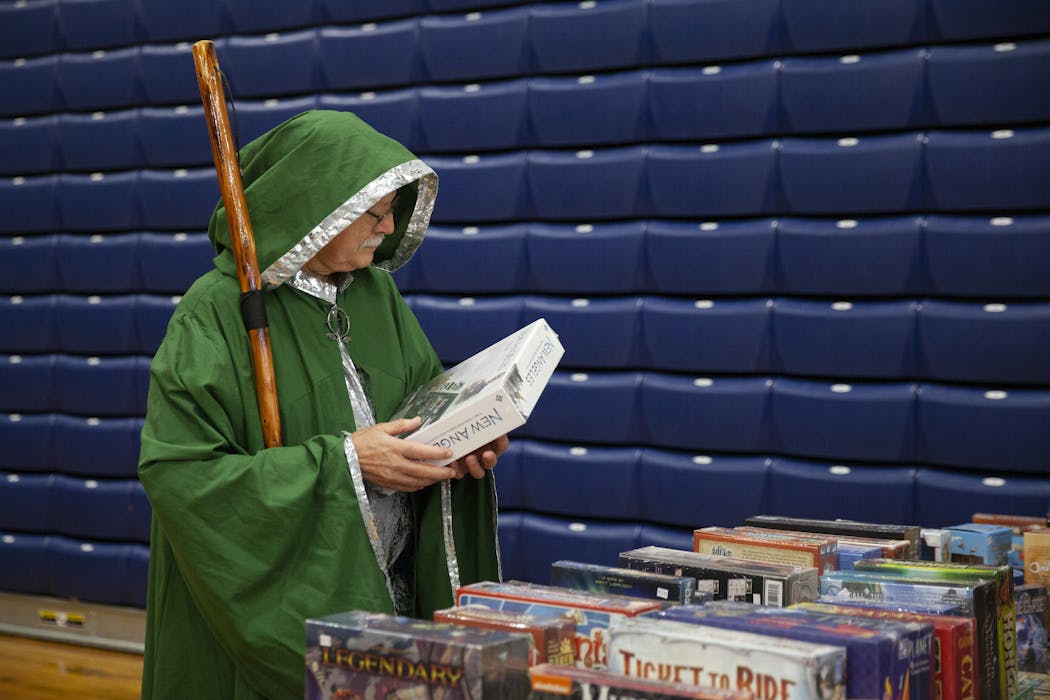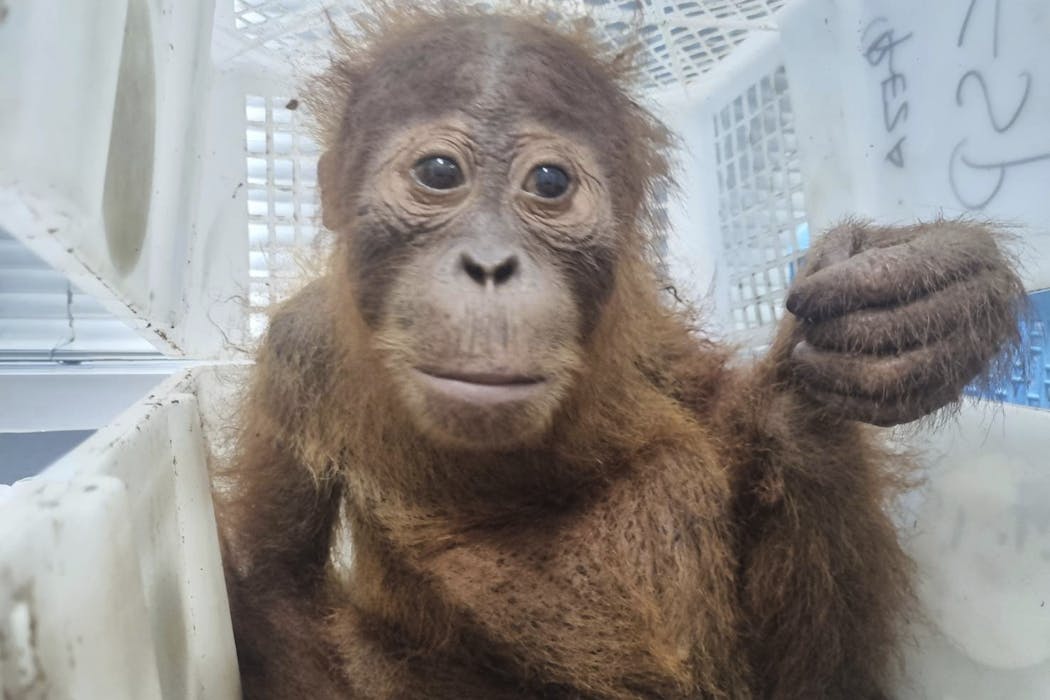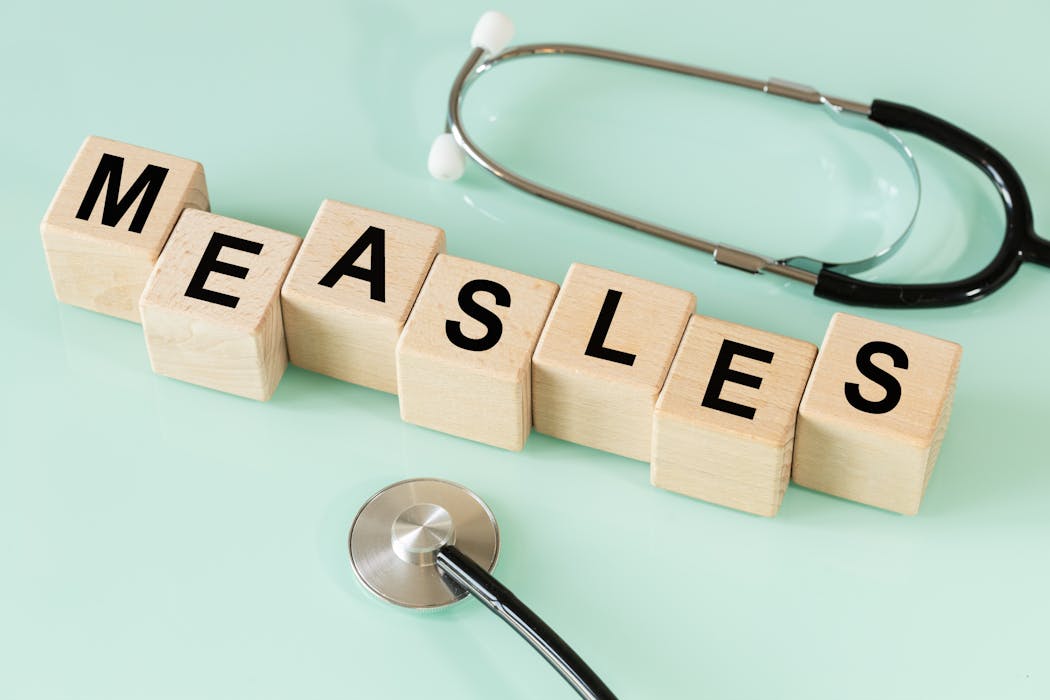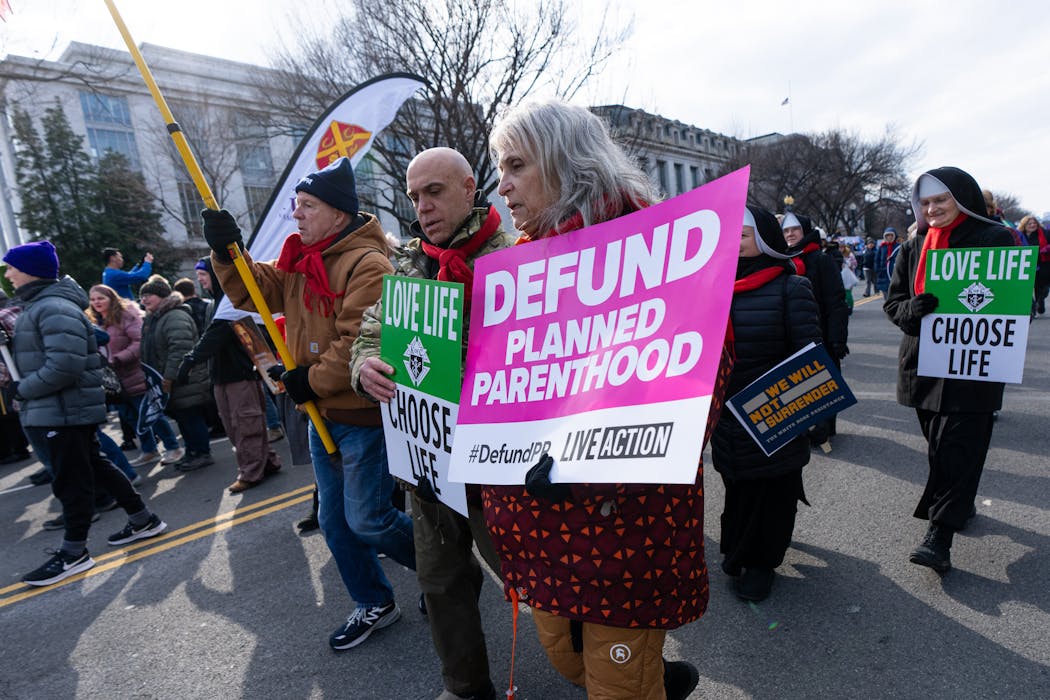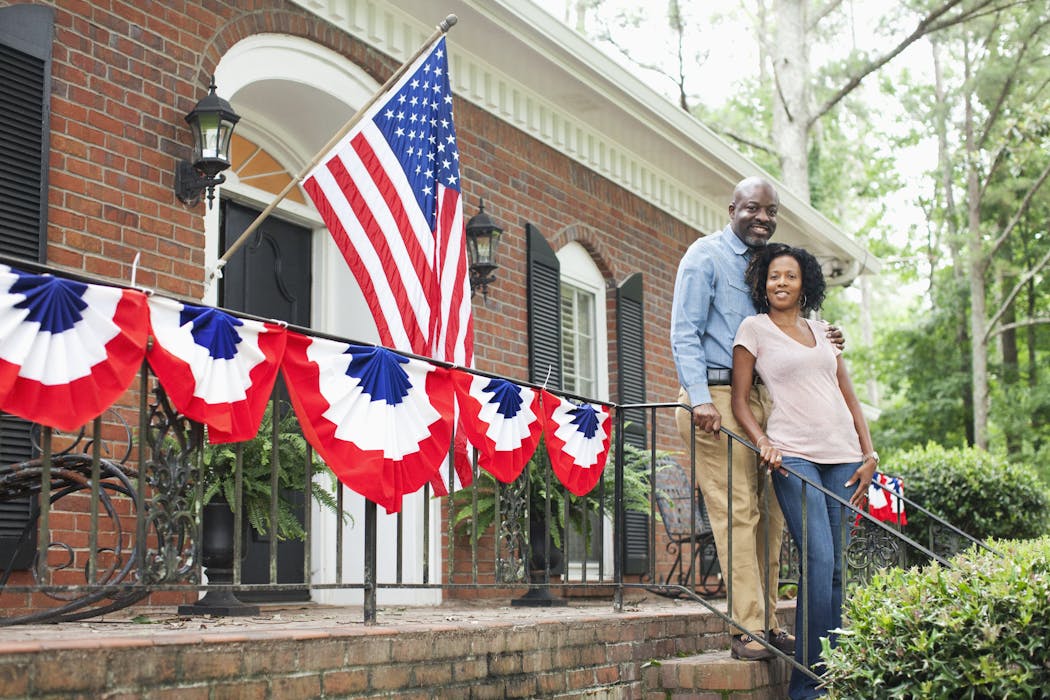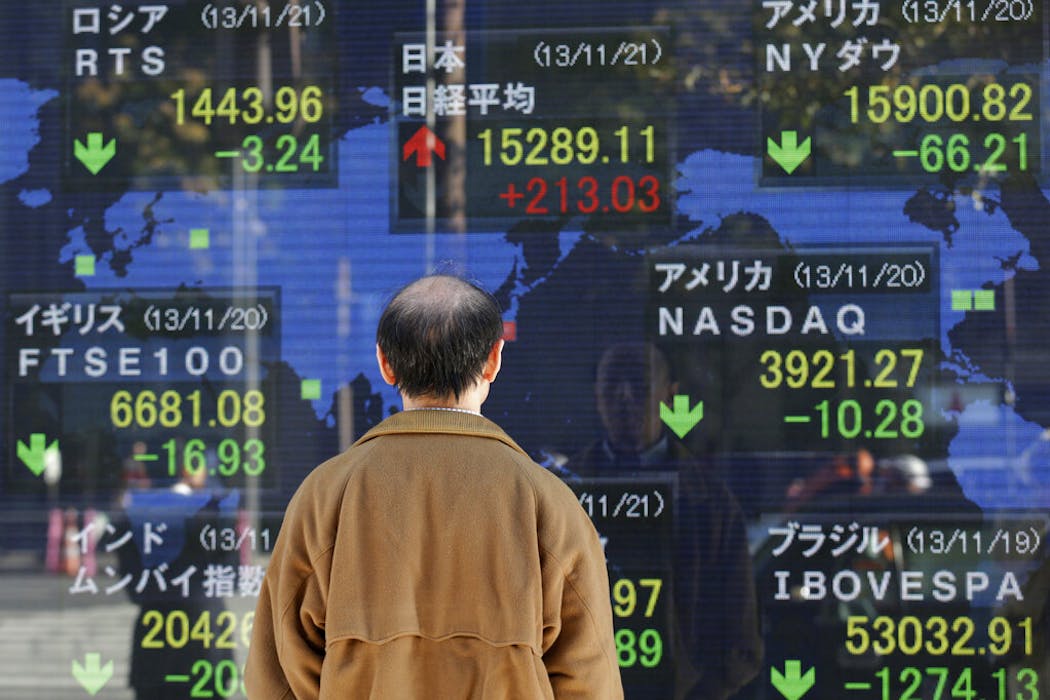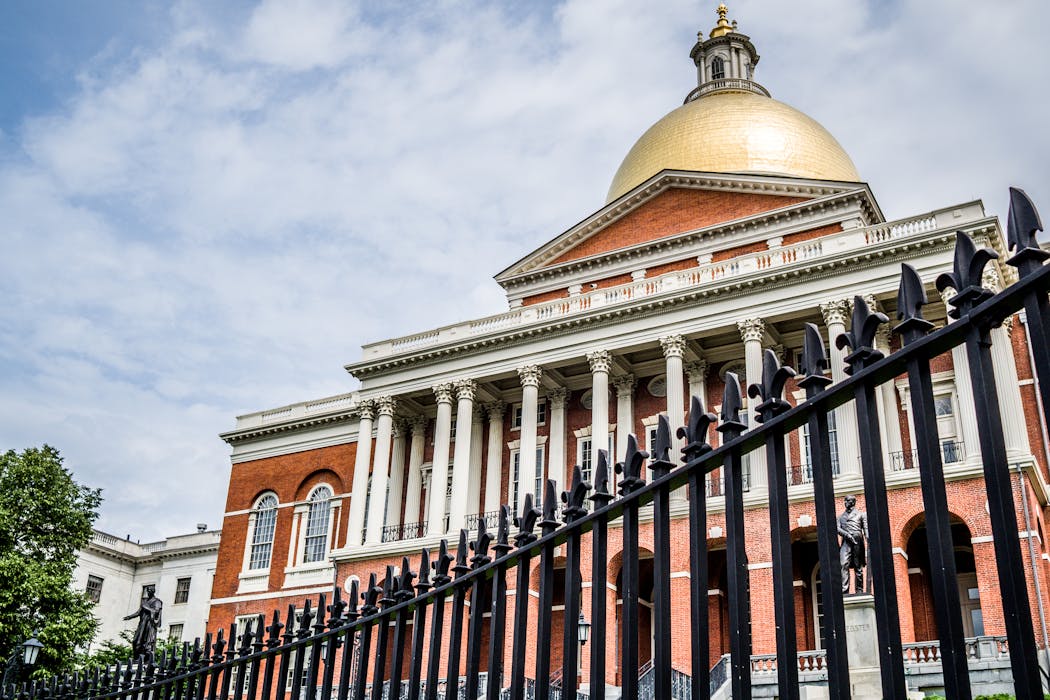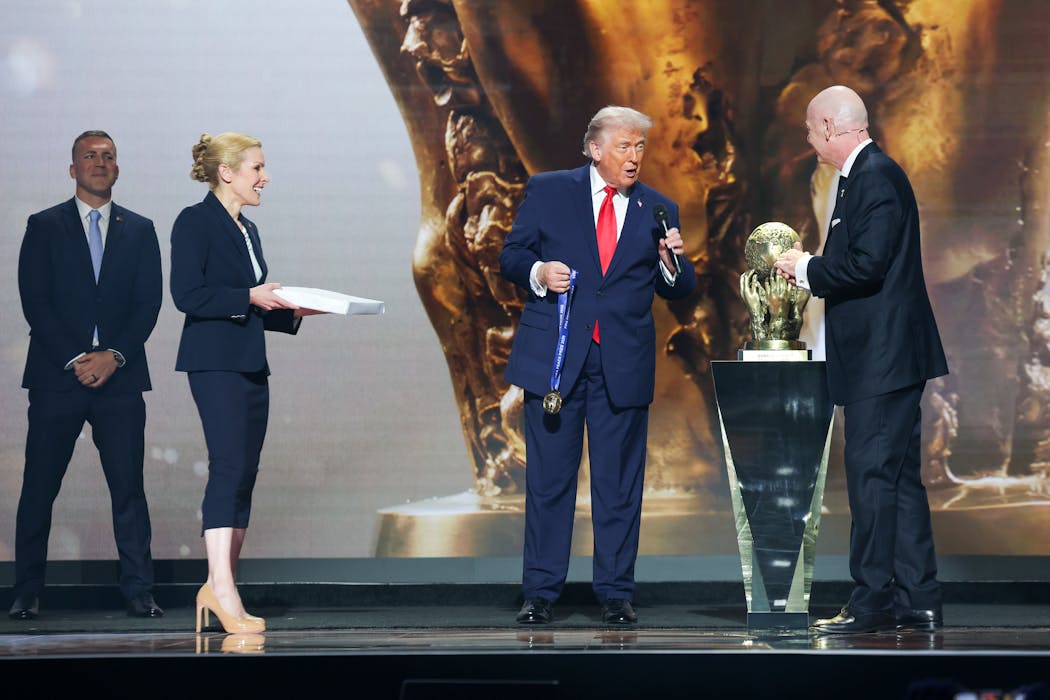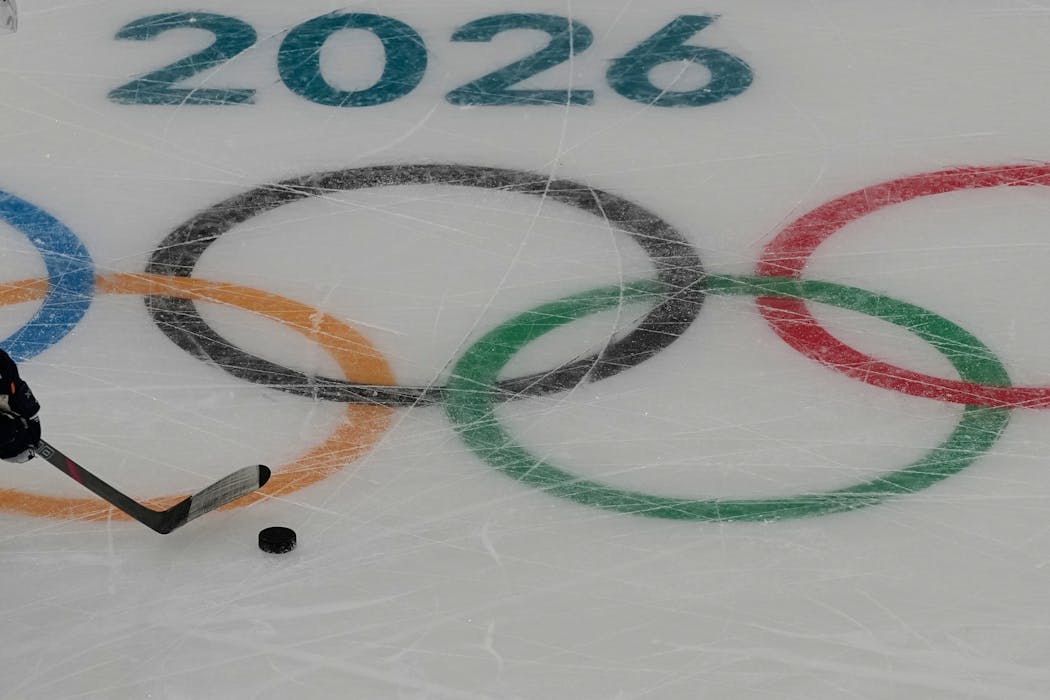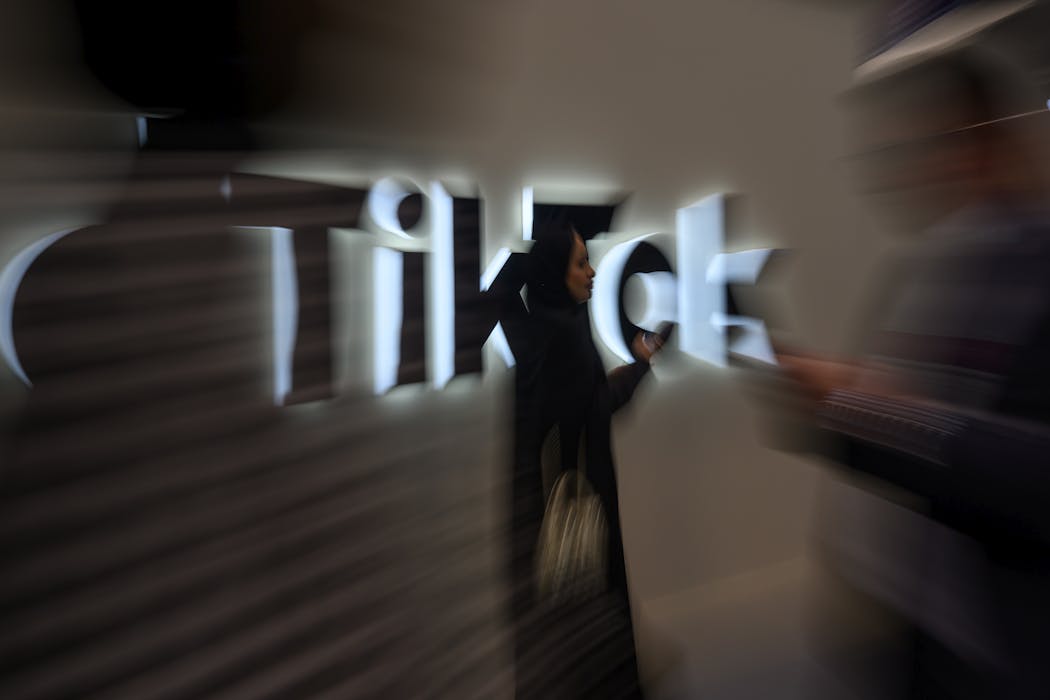Putin's patriotism and paranoia will be Russia's undoing
 Celebrations of Russia's restored greatness are premature.EPA/Alexander Zemlianichenko
Celebrations of Russia's restored greatness are premature.EPA/Alexander ZemlianichenkoWhether through improvisation, opportunism, fear or calculation, 2014 has seen a massive shift in the way political authority works in Russia. Moscow has moved dramatically away from a legal-rational way of doing politics to a charismatic, belligerent style.
Stirring his citizens up with nationalistic sentiments, Vladimir Putin has increasingly mobilised Russians around a negative agenda centred on resentment against Russia’s diminished status, a return to empire, and cultural loathing of pluralistic, open societies.
Putin celebrated the return of Crimea to Russia in terms of righting historical injustice, and as the restoration of “historical Russian lands”. The themes of defending the Russkiy Mir (“Russian world”) and sustaining Novorossiya soon followed – with ominous signs that more expansionism could be in the offing.
In August, Putin remarked that Kazakhstan premier Nursultanov Nazarbayev had “created a state on a territory that never had a state” and that an “overwhelming majority of Kazakhstan’s citizens seek the development of relations with Russia, we see it and know it.” And in a less reported incident in October, deputy chief of staff Vyacheslav Volodin put it this way: “If there is no Putin, there is no Russia.”
All this has meant a radicalisation of Russian foreign and security policy, which is becoming more virulently anti-Western than at any time in living memory – in turn, it has sparked a radical rethink of the way the West engages with Russia. But why has Russia chosen to go down this road?
Of course, one explanation for this new belligerence is the Putin government’s peculiar view of itself as being on the right side of history, as opposed to the West, which it sees as as decadent, dysfunctional, and swimming against the tide. But other things are fuelling Russia’s rough behaviour besides.
Fire them up
This new nationalist grandstanding is the work of a pressurised political elite keen to recoup political ground it lost in the 2000s. The oil-backed, import-dependent, “soft authoritarian” government of Dimitri Medvedev neither met rising middle-class aspirations nor gave the existing oligarchic elite what it wanted.
Russia spent the 2000s turning itself into a thoroughly corporatist and nationalist state. Its political culture is now characterised by a highly politicised and selective application of the rule of law, a corrupt bureaucracy, and a party system defined by patronage and personal ties to the president. The “No Putin, no Russia” mantra certainly reflects the reality of Russian politics, but not quite in the way it’s meant to.
Equally, imperial “restoration”, and the much “harder” authoritarian governance system that goes with it, only make sense in a time of economic contraction and in a manufactured state of semi-permanent war.
This climate of perpetual struggle has forced the creation of a whole new national strategy. In the face of biting sanctions, food production is stimulated, Gazprom’s pivot to Asian energy markets accelerated, and internal dissent crushed. An attack on Putin is now an attack on Russia.
The country has also become a full-blown “securitocracy”. Though Putin assumed power in 2000 through a non-charismatic route – he was selected from within the system – he is now a charismatic leader with a national mission, the only individual able to protect and safeguard a patriotic electorate.
His job is to defend the integrity of the nation against “national traitors”, “foreign agents”, “fifth columnists and "sixth columnists” – never mind external threats from “fascists”, “colour revolutions”, “encirclement”, and so on.
Russia’s elite is cynical, dynastic, absurdly rich (110 individuals control 35% of Russian GDP), and pragmatic. It supports the shift to this harsh, charismatic politics as a defence of the status quo. Were the corporatist nationalist state to be reformed, power continuity would not be possible.
Fight back
Germany, the US and other leading players are currently rethinking policy responses to Russia. In the short term, maintaining NATO solidarity is critical – and paradoxically, Russia’s livid accusations of NATO plotting have helped galvanise the alliance against it.
After listening to endless screeds about how Western EU and NATO member states are backing a fascist, anti-Semitic, neo-Nazi regime in Kiev and training mercenaries to kill civilians in the east – where Russian forces of course have never operated – even usually pro-Russian NATO members are aghast, and willing to countenance a co-ordinated pushback.
That said, NATO still needs a comprehensive reform of its security apparatus if it is to seriously counter any future moves along these lines. Russia will continue to test the alliance’s operational capacity in the Baltic region, and it will very probably use the threat of escalation there to distract from advances on Kharkiv and Mariupol.
Of course, Russia’s goal is not to capture Baltic territory, but to reverse what it sees as dangerous and destabilising democratisation on its borders.
Meanwhile, the EU will review energy policy towards Russia, and as the US becomes more energy independent and begins to export liquefied natural gas to Europe, any shift from Gazprom will be decisive for Russia’s income and so its foreign policy.
Over the longer term, countering the claims Russia uses to justify interventions in Ukraine will demand a serious diplomatic counter-offensive. Russian-language broadcasting to Russia and its neighbours and countering the influence of Russia’s external propaganda, in particular, could prove effective.
Running out of time
Russia’s window of opportunity is closing. Putin’s critique of the global system is certainly a powerful one, but no plausible alternative to the liberal capitalist democratic network the US leads has been proposed.
The BRICS, the putative “opposition” to that order, are mismatched and divided. Even as Russia’s notional strategic allies, the other BRICS view events in Ukraine as a regional squabble, not a new East-West rift or second Cold War. China in particular is determined to have its own relationship with the US without Russia as a mediator or third party.
Meanwhile, Russia’s cash reserves fund is set to run out in 18 months, even sooner if oil prices keep falling. It faces a full-blown currency crisis, with the rouble having devalued 25% since June; shrinking investor confidence and the West’s sanctions are biting hard.
Internal domestic support is fickle. Euphoria is hard to maintain. Loyal elites, including those running Russia’s most lucrative industries, may baulk at the threatening logic of “no Putin, no Russia”.
Above all, more worrying than what happens if Putin succeeds is the prospect of what will happen if he fails. Ultimately, the challenge is to craft a response that positively channels Russia’s power and patriotism without reinforcing Putin’s paranoia. That will be easier said than done.
Graeme Herd does not work for, consult to, own shares in or receive funding from any company or organisation that would benefit from this article, and has no relevant affiliations.
Read more http://theconversation.com/putins-patriotism-and-paranoia-will-be-russias-undoing-34683


